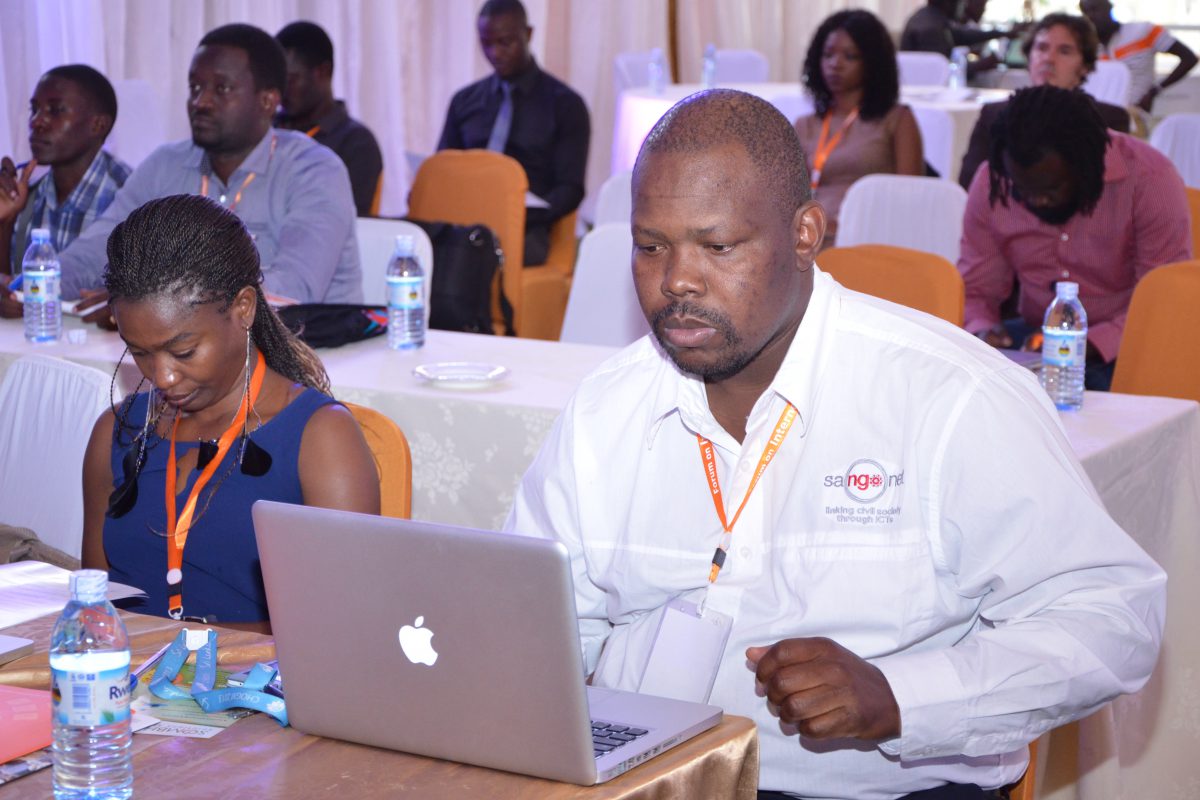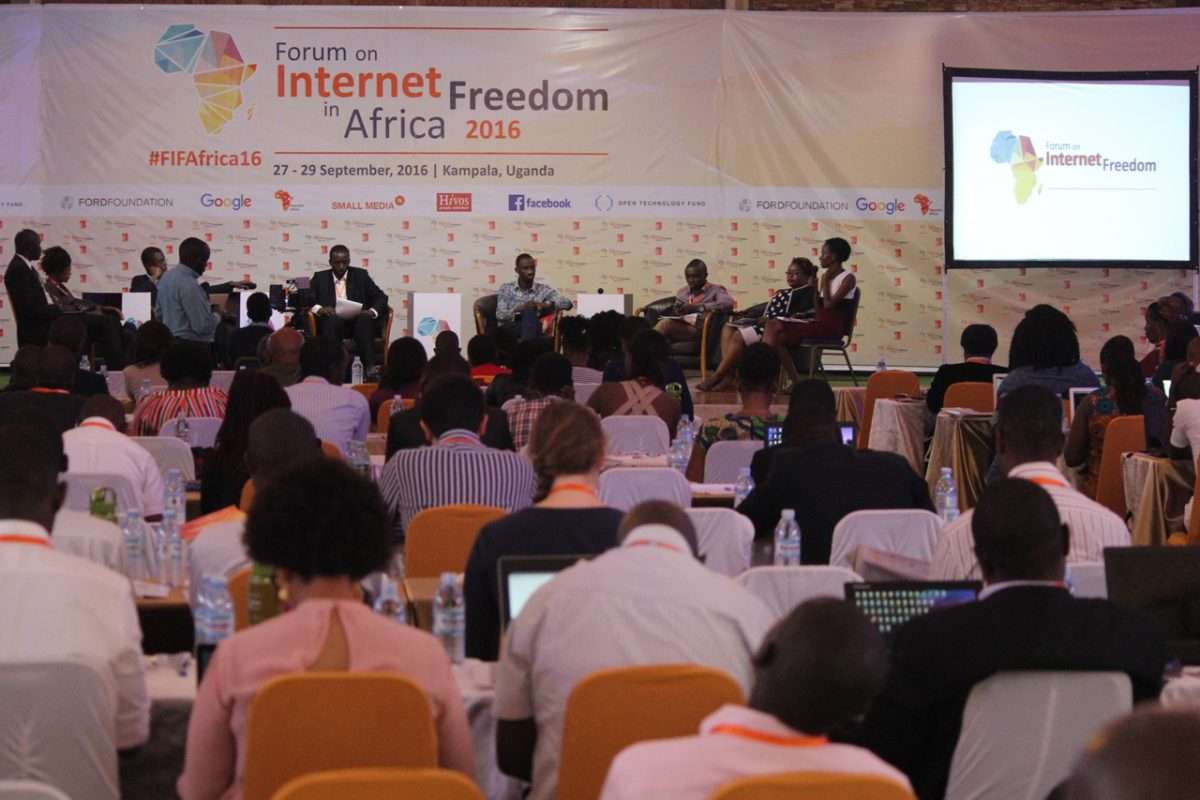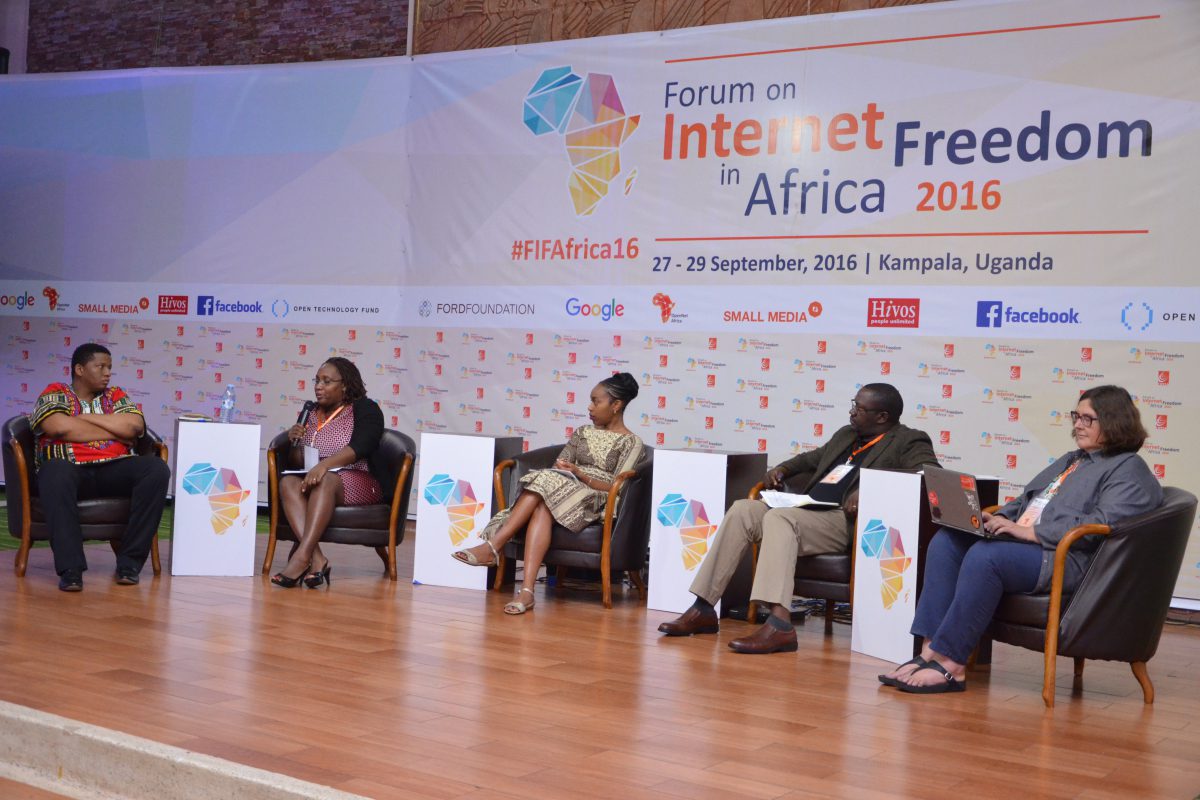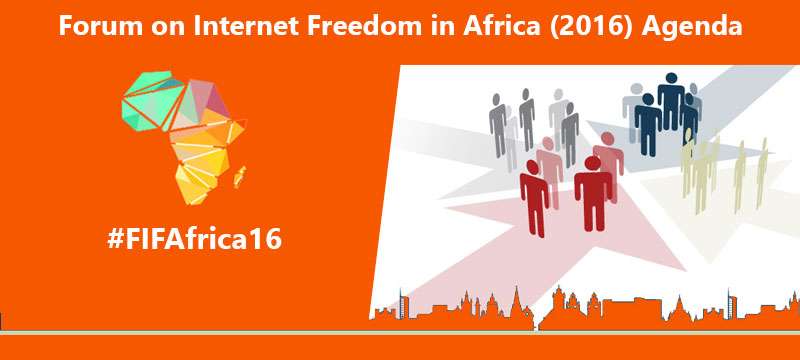By Dorothy Mudavanhu |
The Forum on Internet Freedom in Africa 2016 served as an opportunity to gather insights from different stakeholders in the information society ecosystem towards promoting a free and safe internet. The platform was used to assemble the different perspectives and thoughts on the path that Internet Freedom should take in Africa. The Forum also gave stakeholders the opportunity to commemorate the International Day of Universal Access to Information held on September 28th every year.
There were fruitful deliberations around issues on transparency and accountability of intermediaries, internet shutdowns and internet rights, using data to track rights, working against normalisation of violence against women online, counting the cost of shutdowns and cyber security strategies for African countries, to name but a few.
Problems Highlighted
- There is a gender divide in access to ICT among women and men and a lack of policies for gender inclusion in ICT.
- Internet users are ignorant of how floating data is used hence the increase in cyber crime challenges such as fraud and online stalking.
- Crimes such as terrorism and hate speech existed long before digital platforms and in order to tackle them, cyber platforms in themselves should not be the problem governments seek to eliminate. Nonetheless, unclear jurisdictions for violators pose a challenge for law enforcement.
- More and more countries have seen the politicization and militarization of the cyber space as a means to control the free flow of information. This has seen an increase in internet shutdowns and attacks against freedom of expression, which comes at a high expense. Uganda’s two internet shutdowns during 2016 cost the economy an estimated $25 million, according to some estimates.
- Depsite privacy being a fundamental right, less than 20 countries in Africa have data protection laws.
- Who carries the burden of user awareness and understanding of terms of service for social media platforms? Users, service providers or the government? Where do we draw the line?
Positives highlighted
- Citizen awareness and engagement has increased through the use of ICT for participation in governance processes and social accountability.
- Countless businesses are dependent on digital platforms. States might/ will desist from shutdowns once they discover internet shutdowns come with an exorbitant cost to national revenue such as taxation.
- Internet penetration in Africa has increasingly bridged the gap between traditional and new media for citizens.
- Service providers such as Google, Facebook and Whatsapp are working to ensure safety and security of users for their products through innovations such as end-to-end encryption which decreases the chances of interception of communication, as well as community standards and reporting mechanisms.
Recommendations
- Continued lobbying and advocacy for access to the internet for all.
- Human rights-based approaches and principles should be integrated with campaigns for accessibility and inclusivity of the internet.
- There is need for citizens to invest more in media literacy as a way of protecting themselves against false news and misinformation.
- More media coverage of women’s voices and concerns related to the internet.
- Initiation of support spaces to work against online violence, particularly that directed against women. These spaces should be platforms for victims, and also send out positive message that deters violations online.
- Enactment and/or enforcement of all-encompassing cyber laws, through multistakeholder approach, that limit the powers of governments, ensure independent oversight, and uphold rights to privacy, among others.
- Due processes for lodging cyber complaints should be transparent, made easier and less time-consuming.
- Citizens’ access to information especially that held by governments is paramount. Civil society should take a leading role in engaging on information requests and disclosure.
- Regional cooperation should resolve issues on standardisation of ICT sectors including operator standards, market growth and quality of service.
The struggle for internet freedom calls for tenacious stakeholders that do not get weary until the global community realizes unfettered access to information.
This article was first published at Zimbabwe Human Rights NGO Forum on October 10, 2016





 Ray is an Africa Correspondent for the Global South Development Magazine. He was also the first journalist in the world to win the UN International Labour Organization (ILO) Global Migration Fair Reporting Prize in addition to being a nominee for the European Union Lorenzo Natali Media Award and the 2016 Digital Censorship Fellow of the Karlsruhe Institute for Media Excellence, Germany.
Ray is an Africa Correspondent for the Global South Development Magazine. He was also the first journalist in the world to win the UN International Labour Organization (ILO) Global Migration Fair Reporting Prize in addition to being a nominee for the European Union Lorenzo Natali Media Award and the 2016 Digital Censorship Fellow of the Karlsruhe Institute for Media Excellence, Germany.